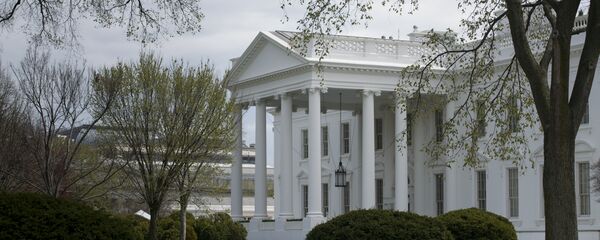Ever since the 9/11 attacks took place US — Russian relations have deteriorated steadily. The causes for this are not difficult to see.
In 2002 the US unilaterally withdrew from the ABM treaty and is now busy installing anti-ballistic interceptors in the former Warsaw Treaty countries of eastern Europe. In 2003 the US backed the Orange Revolution in Ukraine. In 2004 NATO membership was extended to the Baltic States. In 2008 eventual NATO membership was promised to Ukraine and Georgia. In 2014 the US supported the Maidan coup and the Ukrainian attack on the people of eastern Ukraine after they demanded autonomy. NATO membership has now been extended to Montenegro.
It complained about the arrest and prosecution of the Russian businessman Mikhail Khodorkovsky, ignoring the serious charges brought against him, which the European Court of Human Rights has upheld. It has lectured Russia about the conduct of the investigation into the murder of the journalist Anna Politkovskaja. It has sided with the British businessman Bill Browder in his dispute with the Russian authorities. It even passed legislation endorsing his account and directly interfering in the conduct of the case.
In 2011, the US backed protests during Russia’s election season, and in 2014 it imposed more sanctions on various Russian individuals and companies and on whole sectors of the Russian economy.
It now even organises the arrests of Russian individuals when they travel abroad to third countries, so that they can be imprisoned in the US.
All this has been accompanied by a vitriolic campaign in the US and Western media against Russia and President Putin in particular. While since 2014 this has centred on events in Ukraine — with particular focus on events in Crimea and the Donbass, which however were the direct consequence of the Maidan coup the US backed — this media campaign in reality began long before.
What all this entirely ignores is that throughout this period Russia has taken no hostile step towards the US whatsoever. Russia has not attacked the US in any way — whether militarily or politically or economically. Nor has it shown the slightest desire to do so.
In the absence of any hostile step by Russia towards the US, the US has been reduced to shrill complaints that the Russian media occasionally publishes reports critical of the US and its policies — as it has a perfect right to do — even though the Western media campaign against Russia is much greater — and to making without proof claims of Russian interference in US and European domestic politics, even though US and Western interference in Russian domestic politics is both open and far greater.
While the US is not accusing Russia of killing a single US or European citizen, the number of US and European citizens killed by Wahhabist jihadists runs into thousands.
It is hardly surprising in the circumstances if more and more people in the US and elsewhere in the West simply refuse to see in Russia and its president the great enemy the US establishment want them to see, but see their enemy in the international jihadist movement instead.




